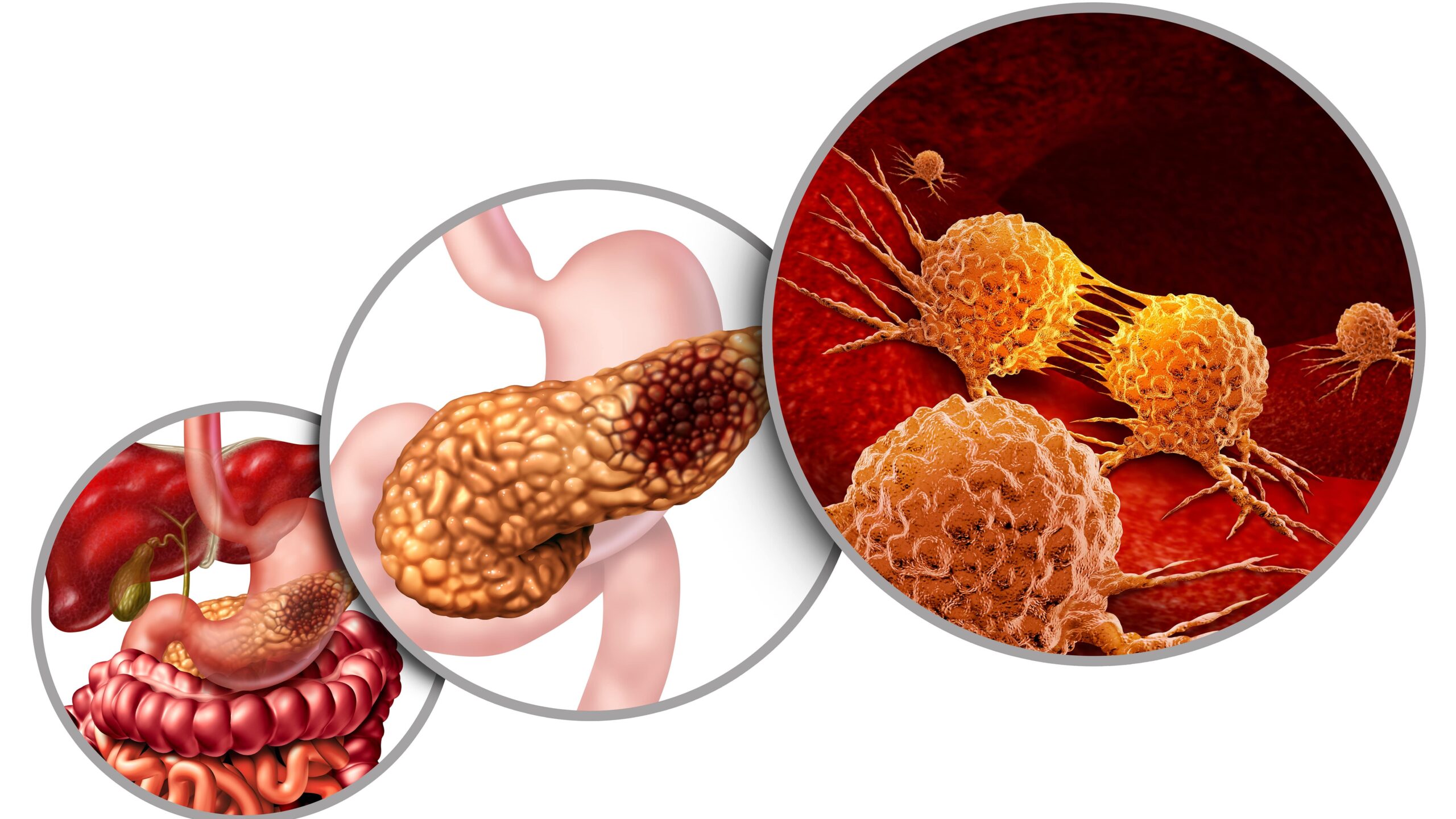
Published results have suggested peptide receptor radionuclide therapy (PRRT) using lutetium Lu 177 dotatate (Lu-177-dotatate) can treat patients with metastatic gastroenteropancreatic neuroendocrine tumors (GEP-NETs). Researchers reviewed outcomes of patients treated at the University Hospital of Zurich in Switzerland, a European Neuroendocrine Tumor Society-certified center of excellence.
The study’s lead author, Dominique Prétot, and colleagues ultimately concluded patients with advanced GEP-NETs may benefit from PRRT with Lu-177-dotatate, “as it can provide a valuable treatment modality in advanced disease stages.”
In addition, the researchers noted that having selective internal radiation therapy (SIRT) prior to PRRT, or not having somatostatin analogue therapy after PRRT both appeared to worsen responses and reduce survival. The findings were reported in the Journal of Gastrointestinal Oncology.
Lu-177-Dotatate in Advanced GEP-NETs
The analysis included 41 patients with advanced GEP-NETs who received PRRT via Lu-177-dotatate at the authors’ center between 2012 and 2017. Data on other treatments, blood parameters, symptom burden, and overall survival were analyzed.
Comparing mean blood parameter values before and after Lu-177-dotatate therapy, hemoglobin (125.4 vs 122.3 mg/L; P=.201) and creatinine (73.8 vs 77.7 µmol/L; P=.146) were not significantly different.
Comparatively, leukocytes (6.6 vs 5.6 G/L; P<.01) and platelets (269.9 vs 216.7 G/L; P<.001) significantly decreased, though these changes were not clinically significant, according to the authors.
Researchers reported 7 out of 9 patients treated with SIRT before undergoing PRRT were deceased (odds ratio [OR], 4.083). The OR for mortality in patients with a pancreatic tumor and SIRT compared with patients with a different tumor location was 1.33.
The report noted the study was limited by its comparatively small sample size, which limited the ability to analyze outcomes by subgroups, tumor types, or outcomes.
Ultimately, Prétot and colleagues suggested “patients with advanced GEP-NETs may benefit from PRRT with Lu-177-dotatate, as this treatment appears to be well tolerated and does not significantly impair patient symptomatic burden.”
Find More News on GI Oncology Now







 © 2025 Mashup Media, LLC, a Formedics Property. All Rights Reserved.
© 2025 Mashup Media, LLC, a Formedics Property. All Rights Reserved.